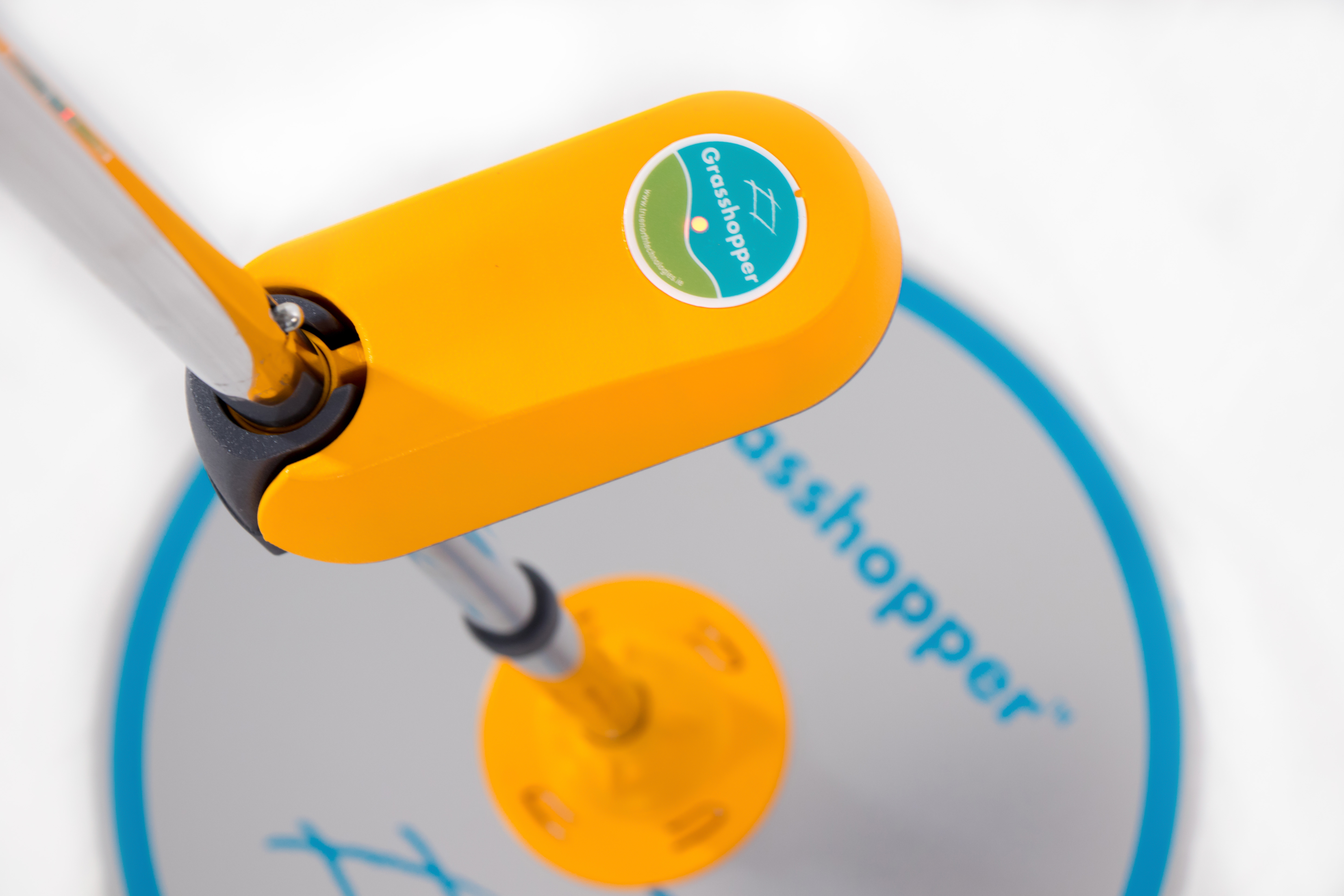With calving underway on many farms the focus should now be turning to establishing the amount of grass available, with the aim of getting cows out as soon as weather and ground conditions permit.
As soon as the above factors permit, farmers should be looking to employ modern grassland management techniques such as on-off grazing, the use of spur roadways and back fencing etc. to allow them to get cows out, even if it is only for a few hours each day.
Further to this, the correct allocation of grass is essential to increase utilisation and avoid wastage, as it is not possible to allow cows to regraze previous allocations due to the risk of poaching.
Research from Teagasc clearly states that profitability on Irish farms is closely linked to grass utilisation. The added profit to the farm enterprise is €2.70/cow for every day when she is out of the shed and grazing grass.
For a 100-cow herd, this puts an extra €270 into the farmer’s pocket every day cows are outside.
Why focus on getting calved cows out to grass:
- Grass is a high quality feed for lactating cows. It will allow cows to increase performance without the addition of expensive supplementary feed – especially with the rising costs of concentrates this year;
- After the long over-winter growing period many swards are not in peak condition. Early spring-grazing will recondition the sward and prepare paddocks for the year ahead;
- Having cows out on grass reduces the labour demand on farm.
Each additional tonne of grass grown and utilised on farm is worth €161. To put this in context, the average dairy farm produces 7.5t of dry matter (DM) per year (NFS), while the average dairy farm measuring grass is producing around 14.5t DM.
In money terms, on a 100ac (40ha) farm, the difference between the farmer that measures grass and the one that does not is €45,627 annually.
The Grasshopper grass measurement system
Easy to use – no training required:
Grasshopper works straight out of the box. With the first grass-walk just a short video away, a farmer can have all the know-how required to accurately map and measure the grass on their farm.
Accurate – real-time results:
The grasshopper delivers real-time results in the paddock, giving the farmer confidence on grassland decision making.
TAMS II approved:
Grasshopper is supported under the Targeted Agricultural Modernisation Scheme (TAMS) program, allowing farmers to claim 40% or 60% of the cost back.
No recurring charges:
Grasshopper and the Grasshopper App is a once-off cost with no annual subscription. Your grass-walk results and wedge are always close at hand.
Automatic upload to GT and PastureBase Ireland:
Grasshopper automatically uploads all the data produced straight to GrasslandTools and seamlessly from there to PastureBase Ireland.
Group discounts:
If other members of your discussion group are interested in starting to grass measure we offer competitive group discounts.
GPS farm map included:
Grasshopper has the ability to accurately map your farm, giving you the productive area of the farm. This map can then by printed on a whiteboard for the milking parlour to aid in management, especially when off-farm labour is employed – e.g. relief milkers, contractors etc.
2022 nitrates derogation:
If you are in derogation under the nitrates directive, from February 2020 you are required to undertake 20 grass walks annually. Grasshopper is a fast and easy way to remain compliant and furnish your report
100% Irish designed and made:
Grasshopper was developed in Ireland in conjunction with world-leading grassland experts. Every aspect of Grasshopper has been optimised and tested to ensure its suitability for the Irish grazing system.
Grasshopper is manufactured and assembled in Ireland ensuring a high standard of quality.
All back-up support is based in Shannon, with experienced sales agents distributed throughout the country. This allows the company to quickly and efficiently deal with any enquires you may have.
More information
For more information, or to arrange delivery, contact Grasshopper in Shannon, Co. Clare at: 061 708 423; or visit its website by clicking here.



